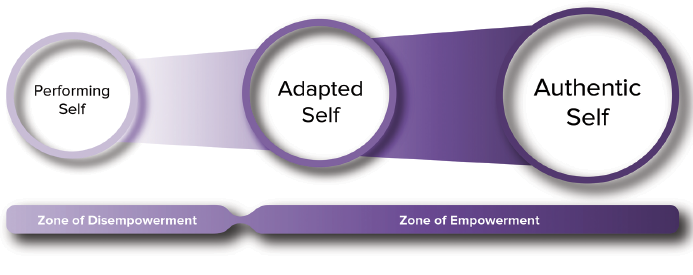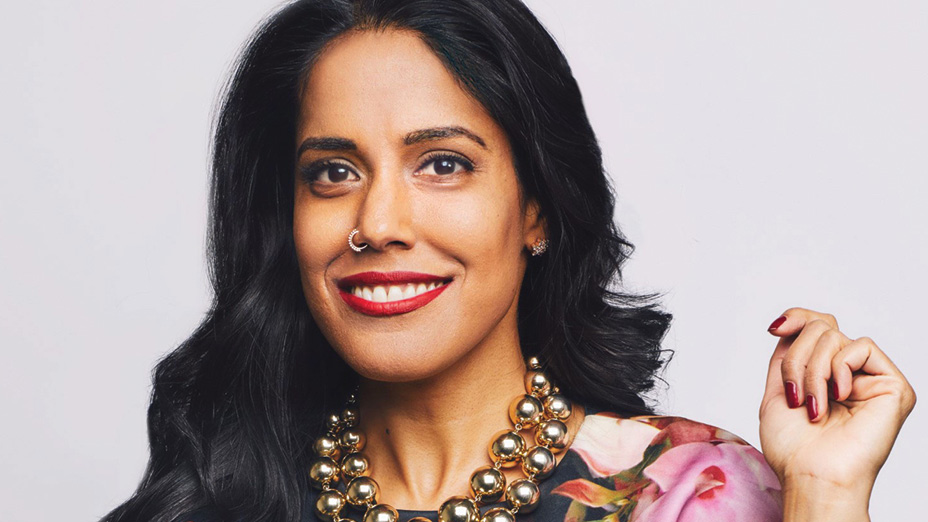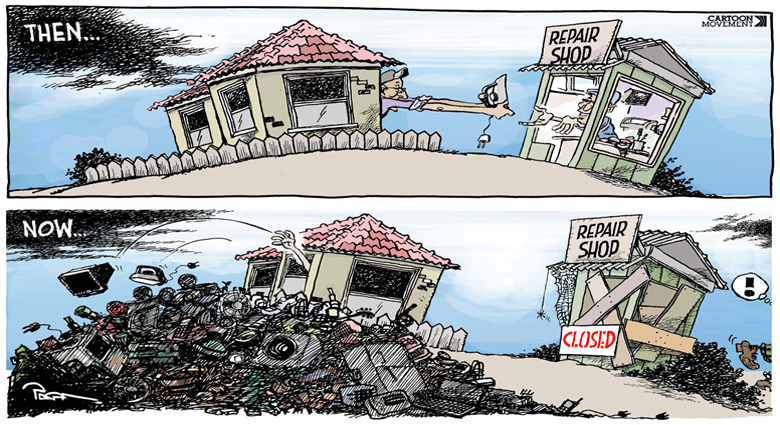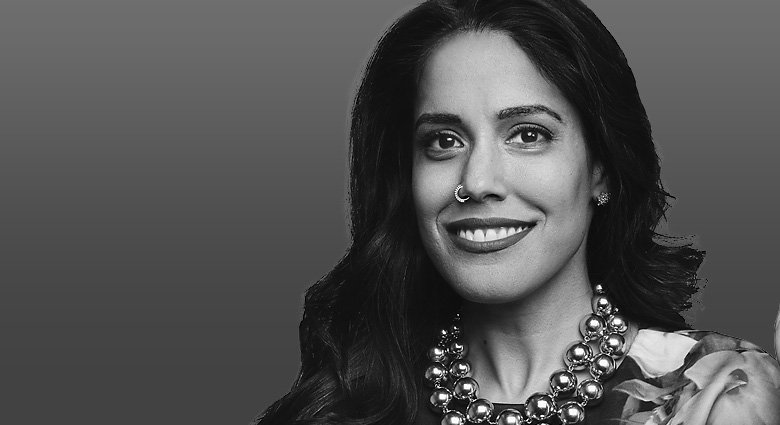How many times have you heard the phrase “be yourself”?
Most of us have received this advice countless times. But while our culture talks a good game about valuing authenticity and how we should live more authentically, the reality is that in our families, friendships, romantic relationships, workplaces, social circles, and beyond, the pressure to be like others and downplay our differences can be difficult to withstand. At times, the pressure to conform can feel relentless.
Many of us feel caught between the mixed messaging of “be yourself” in one breath and “change who you are” in the next breath.
I struggled with this myself for years, and overcoming this challenge is what ultimately led me to write my book. While writing it, I developed a practical model called The Three Selves, that will help you to both navigate mixed messaging and to live more authentically even when it’s hard.
It’s an awesome tool to leverage, and I’m excited to tell you more about it!
Magic Happens When You Use The Three Selves
The Three Selves is a continuum that provides a more nuanced way of understanding authentic behavior. It shows that, rather than being either “authentic” or “inauthentic,” each of us possesses the following three selves: the Authentic Self, the Adapted Self, and the Performing Self.
Your Authentic Self
The Authentic Self is an expression of your core values, beliefs, needs, desires, thoughts, emotions, and traits — and how you would behave if you didn’t fear the consequences of your behavior. This is the truest reflection of who you are and, given this, being your Authentic Self feels amazing.
Think back to a time when you felt like you could really be yourself. Liberating, right? I feel like this when I’m having a deeply meaningful conversation with someone who I know isn’t judging me for what I’m sharing. When I’m putting the truth of who I am out into the world this way, I feel weightless.
Your Performing Self
On the opposite end of the spectrum is the Performing Self. This is who you are when you feel like you don’t have a choice but to conform or mask aspects of your true self. It’s the carefully constructed persona that you project to protect against what you fear will happen by being yourself.
I’m sure each one of us can think of a time when we’ve felt pushed to perform. This might mean changing the way you speak — for example, toning down your accent so that you’ll be taken more seriously. Or it could mean straightening your hair because you’ve been told your natural hair looks unprofessional. Or it could mean hiding your sexual orientation or desires from others — maybe even your own romantic partners — because you fear judgment. In any case, when you’re performing, it feels awful.
Your Adapted Self
Between these two ways of being lies the Adapted Self. This is the self that most of us have never contemplated, but that has the power to change our lives, and our perceptions of ourselves.
When you adapt, you’re not driven by fear — you’re driven by an authentic desire to change your behavior. Because you’re making a choice willingly, it feels good to do.
The Adapted Self is who you are when you make a choice to change an aspect of your behavior, in order to meet your own needs or others’ needs.
Adapting can mean softening how you speak to a frustrating colleague because you don’t want to upset them. It can mean supporting your spouse in a hobby that bores you to tears because you know it’s meaningful to them. Or it can mean staying in a job you don’t love, but that pays well and has regular hours because you need stability to support your family. The Adapted Self still contains aspects of the Authentic Self, and because of this, it’s an empowering place to be.
Using the Three Selves to Live More Authentically Recognizing who your Authentic Self is, where you struggle with Performing, and where you might be able to call on your Adapted Self, can have a great impact on your happiness. It can help you understand the choices you’re making, and guide you in making decisions that will better serve you.
Essentially, using The Three Selves will help you to live better. And you deserve that.






.png)




What Did You Think?